#Trending: Talk of Technology Evolving in Home Care
AlayaCare
DECEMBER 21, 2020
Among the many themes demonstrated by the year 2020 , we know now more than ever that , technology is now imperative to the delivery of ho me care. COVID-19 has accelerated the pace of change in an industry that was already experiencing waves of change ; as we wrote back in the spring , it felt like we’d done 10 years of work in 10 days. From recalibrating remote care to ensure accurate documentation and tracking online, to introducing new virtual ways to engage clients and families in the circl









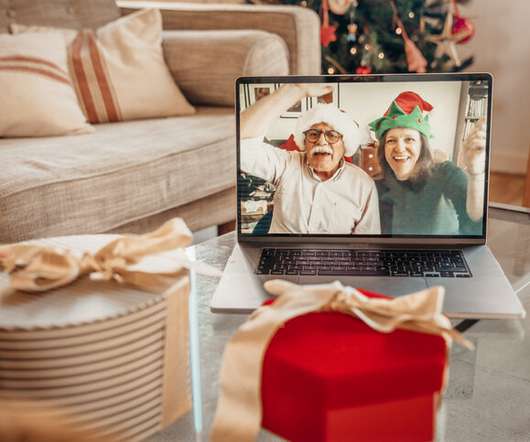


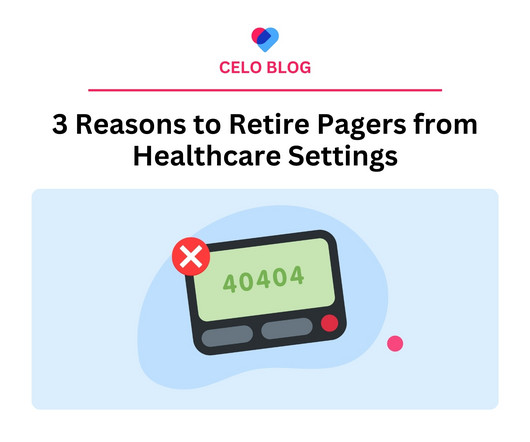




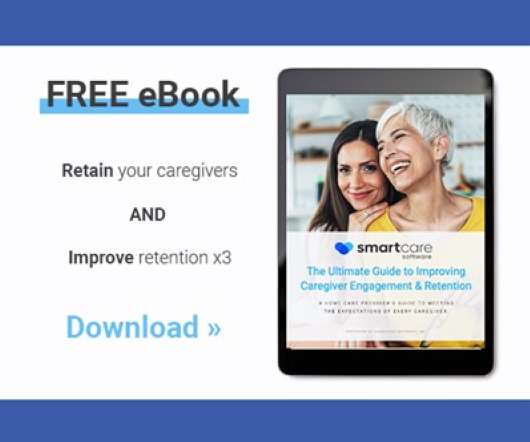


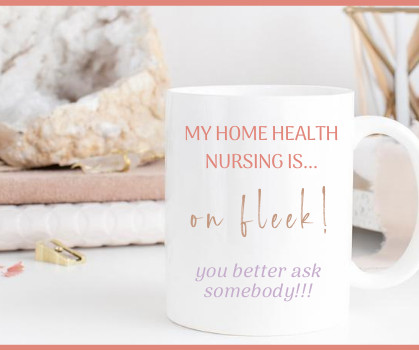

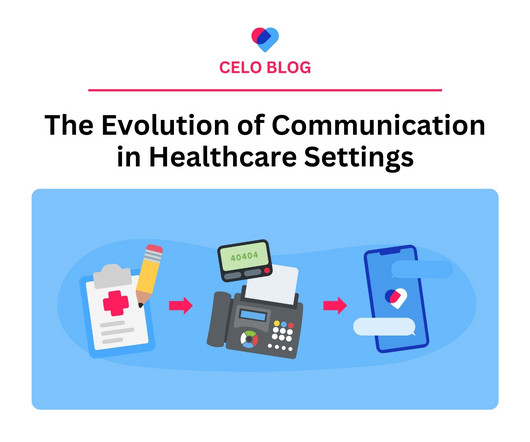
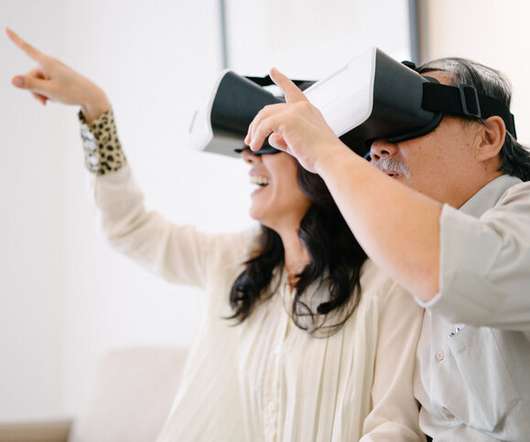



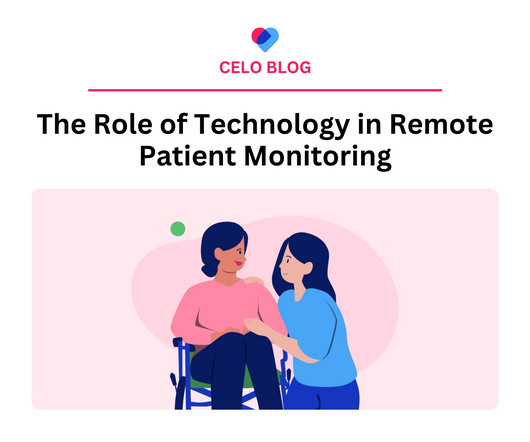




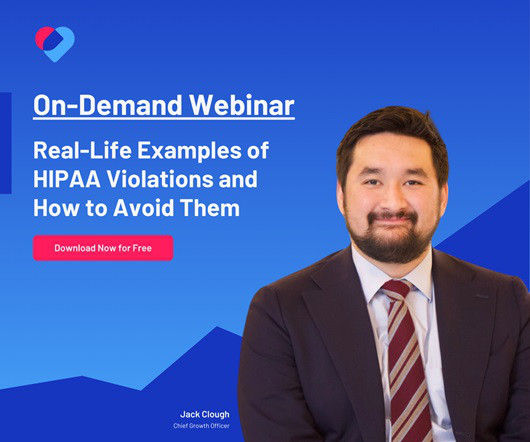




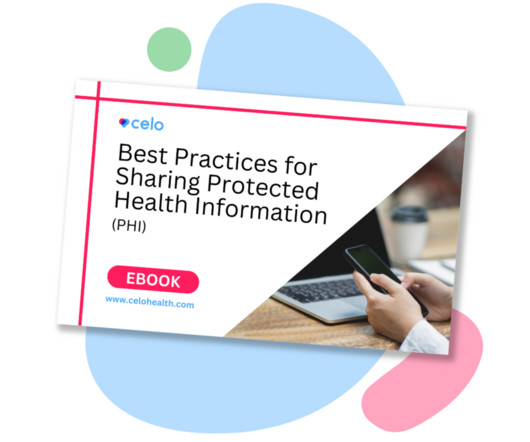






Let's personalize your content